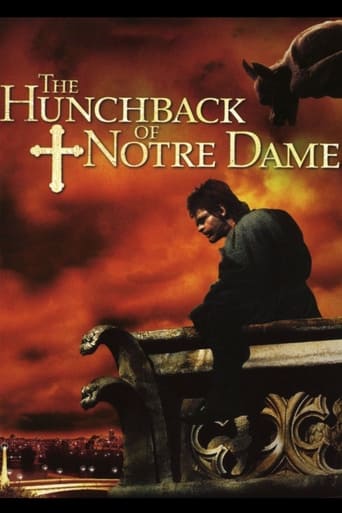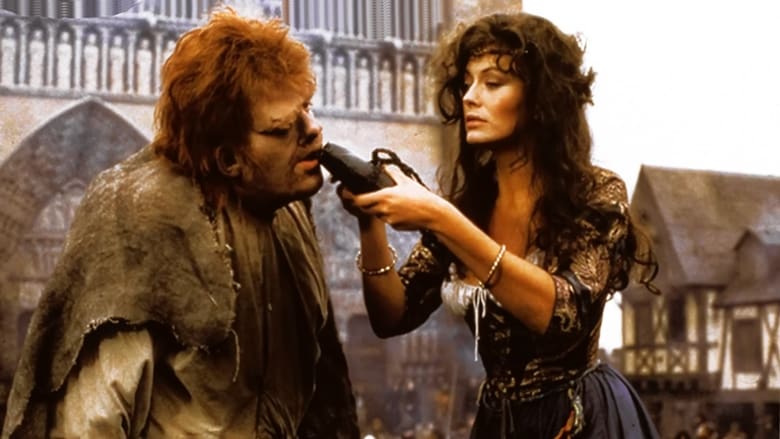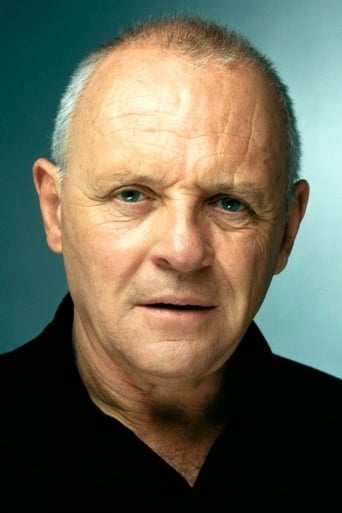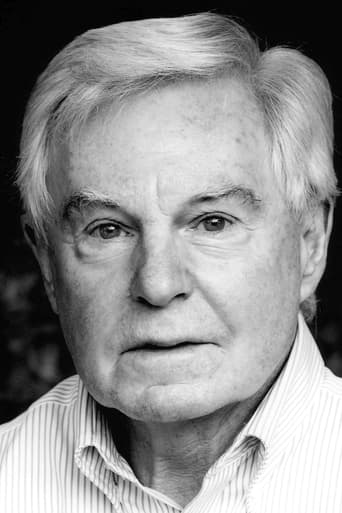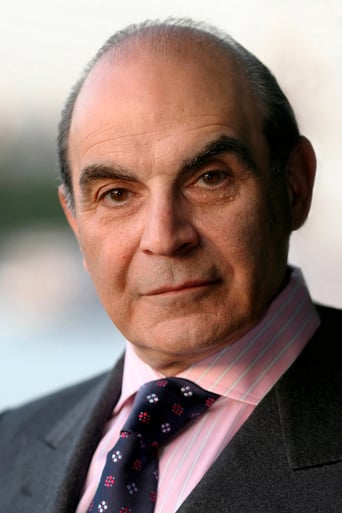The Hunchback of Notre Dame (1982)
Quasimodo, the hunchback bellringer of Notre Dame's cathedral, meets a beautiful gypsy dancer, Esmeralda, and falls in love with her. So does Quasimodo's guardian, the archdeacon of the cathedral, and a poor street poet. But Esmeralda's in love with a handsome soldier. When a mob mistakes her for a witch, it's up to Quasimodo to rescue her and claim sanctuary for her in the cathedral.
Watch Trailer
Cast


Reviews
the audience applauded
It's easily one of the freshest, sharpest and most enjoyable films of this year.
Blistering performances.
The movie really just wants to entertain people.
I was disappointed by this ITV adaptation of 'Notre Dame de Paris' when I first saw it on TV 35 years ago, and it still disappoints. There may be spoilers ahead, as I compare it with other adaptations and the source novel.While it does, at least, retain from the novel Claude's status as Archdeacon and adoptive parent of the founding Quasimodo, much else is derived from the 1939 Hollywood film, with the romanticisation of Pierre Gringoire and the happy ending it gives him and Esméralda (rather than Djali). There are other changes: Captain Phoebus is depicted as already married, instead of betrothed, and (*spoiler*) Claude's death is placed as the climax of the 'Porte Rouge' episode, rather than at the very end of the story.The chief problems are in the casting. While the actors are mainly well-known and have done excellent work elsewhere, they are not well-cast in this. Derek Jacobi is particularly miscast as Claude. He's too old and the wrong physical type (Tim Piggott-Smith, who plays his subordinate Philippe – an entirely superfluous new character – or Robert Powell – under-used as Phoebus – would have been better in the role). He also comes across as too much the comfortable 'career cleric', not the driven, intense young intellectual and scientist, with his agonising self-mortifications and self-destructive passions. I can't help but see this as more like Brother Cadfael being a bit naughty. In fact, his Cadfael, who has a colourful past, has far more personality than this depiction.Lesley-Anne Down is a pretty Esméralda, but it's not her fault the role is written so vapidly. Gerry Sundquist makes an appealing lead, but he's not the Pierre I love in the book, more like the 1939 film-version. Anthony Hopkins is a competent Quasimodo, but he's not the most interesting character, despite Shoberl's unauthorised re-titling of the book in English, which film-makers seem to prefer for some reason. Overall, this lacklustre adaptation falls between the two other TV adaptations I've seen: it's inferior to the 1976 BBC version, which had the best ever Pierre in Christopher Gable, but still superior to the 1997 US version, which had a far-too-old Richard Harris as a book-burning Claude and Mandy Patinkin as Quasimodo the secret intellectual and author (Yes, really!) More than ever, I regret the disappearance of the 1966 BBC adaptation starring James Maxwell
Grotesquely deformed hunchback bellringer Quasimodo (a superb and touching performance by Anthony Hopkins) falls in love with sweet and lovely gypsy dancer Esmeralda (a fine portrayal by Lesley-Anne Down). Complications ensue when both Quasimodo's keeper the arch deacon Dom Claude Frollo (splendidly played by Derek Jacobi) and poor, but honest and decent street poet Pierre Gringoire (an engaging turn by Gerry Sundquist) become smitten with the enticing lass as well. Quasimodo protects Esmeralda from an angry mob by giving her sanctuary in the cathedral he works in. Director Michael Tuchner and screenwriter John Gay deliver a strong and faithful adaptation of Victor Hugo's classic story which benefits greatly from a serious, gritty tone, a vivid evocation of a harsh and repressive era, and an equally credible depiction of a cruel world that's largely populated by cold and heartless people with zero tolerance for anyone who defies the norm. Hopkins brings real poignant dignity to Quasimodo and astutely captures the kind and gentle soul that exists underneath the pitiable fellow's monstrous exterior. Jacobi likewise excels as a sympathetic tormented villain who's betrayed by his forbidden lustful feelings for Esmeralda. Moreover, there are excellent supporting contributions from David Suchet as hearty king of thieves Clopin Trouillefou, Robert Powell as dashing cad army captain Phoebus, John Gielgud as pitiless torturer Charmolue, and Nigel Hawthorne as a stern magistrate. Alan Hume's exquisite cinematography, with its stunning lighting and rich use of vibrant color, ensures that this movie is visually sumptuous throughout. Ken Thorne's spare, moody score also hits the spot. The rousing climax culminates in a truly heartbreaking conclusion. A sad, moving and worthy film.
The Hunchback Of Notre Dame is one of the best movies of all time. A balance of epic action and character is woven into a piece of great story telling. Every minute works and builds to the next. Perfect from beginning to end and deserves to be set next to Citizen Kane. Tragically it was not done for the big screen and couldn't get an Oscar.
This movie version of The Hunchback of Notre Dame is superbly similar to the Hugo novel. Quasimodo looks exactly like it's told in the book, he is almost deaf, and in this movie we see yet another "little Esmeralda", who reminds us of the dancer in the Dieterle version.I was quite surprised that even Frollo is rather good to Quasimodo - just like in the novel - but when he already at the beginning started to show his passion for Esmeralda, I knew that he is just like he must be. Honestly, I couldn't only hate him because he later seemed to be quite unhappy of being "bewitched" and that Esmeralda refused to answer to his feelings.I was especially shocked that the film had even the torture scene of Esmeralda. Captain Phoebus, too, was surprisingly similar to the character of the book, and it was good that Gringoire tried to warn Esmeralda about him. It was also really moving to hear Quasimodo talk about his own ugliness.The only thing I was a little disappointed in was the end; although it doesn't belong to the novel, I had started to hope that Esmeralda could see the truth about Quasimodo.

